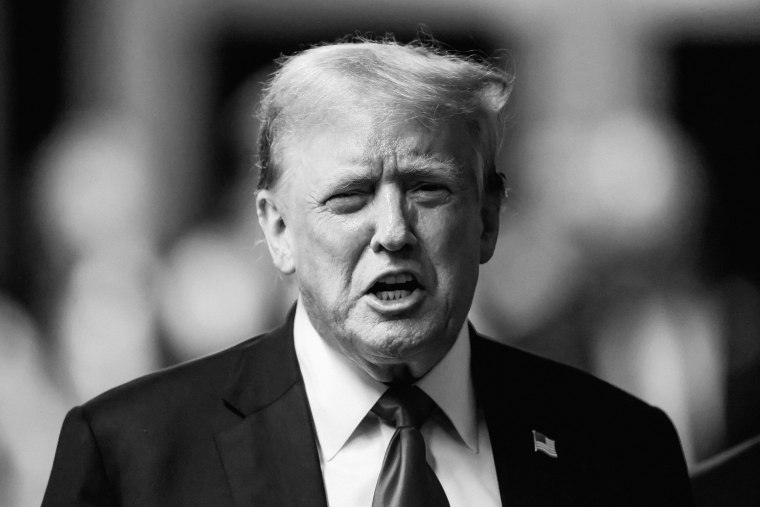Inside the long legal trail to this week’s big verdict

For years, it was known as the “zombie” case within the Manhattan District Attorney’s Office. Many thought the case they’d built against Donald Trump had natural jury appeal, but this specific application of the law would be new and untested. On Thursday, the zombie sprang back to life.
“Guilty.” A word uttered 34 times by the jury foreman in a stuffy, austere courtroom, to the world’s most powerful defendant.
The law on the books benefits the prosecution, without a doubt. The state took a misdemeanor — a so-called, “books and records” case, and raised it to a felony, years after the events in question. New York law doesn’t require the jury reach unanimous agreement on the underlying “unlawful means,” triggering the felony. And prosecutors only had one witness — convicted of lying under oath — directly tying Mr. Trump to the alleged crime.

Yet the jury was also told twice they couldn’t convict on Michael Cohen’s word alone. They were directed to draw any reasonable inferences from the available evidence. And they were instructed to leave any bias — for or against — Mr. Trump at the door.
Until one of the twelve jurors speaks, the public will not know what happened between those New Yorkers in deliberations. But having watched them in court nearly every day for almost seven weeks, they were engaged and alert, even under trying circumstances and long days.
The political fallout over this conviction will unfold in due course. But as a legal matter, it’s just getting started. Appeals, potential delays and more arguments, inevitably on the way. Only time will tell if the zombie will be put down again, for good.







